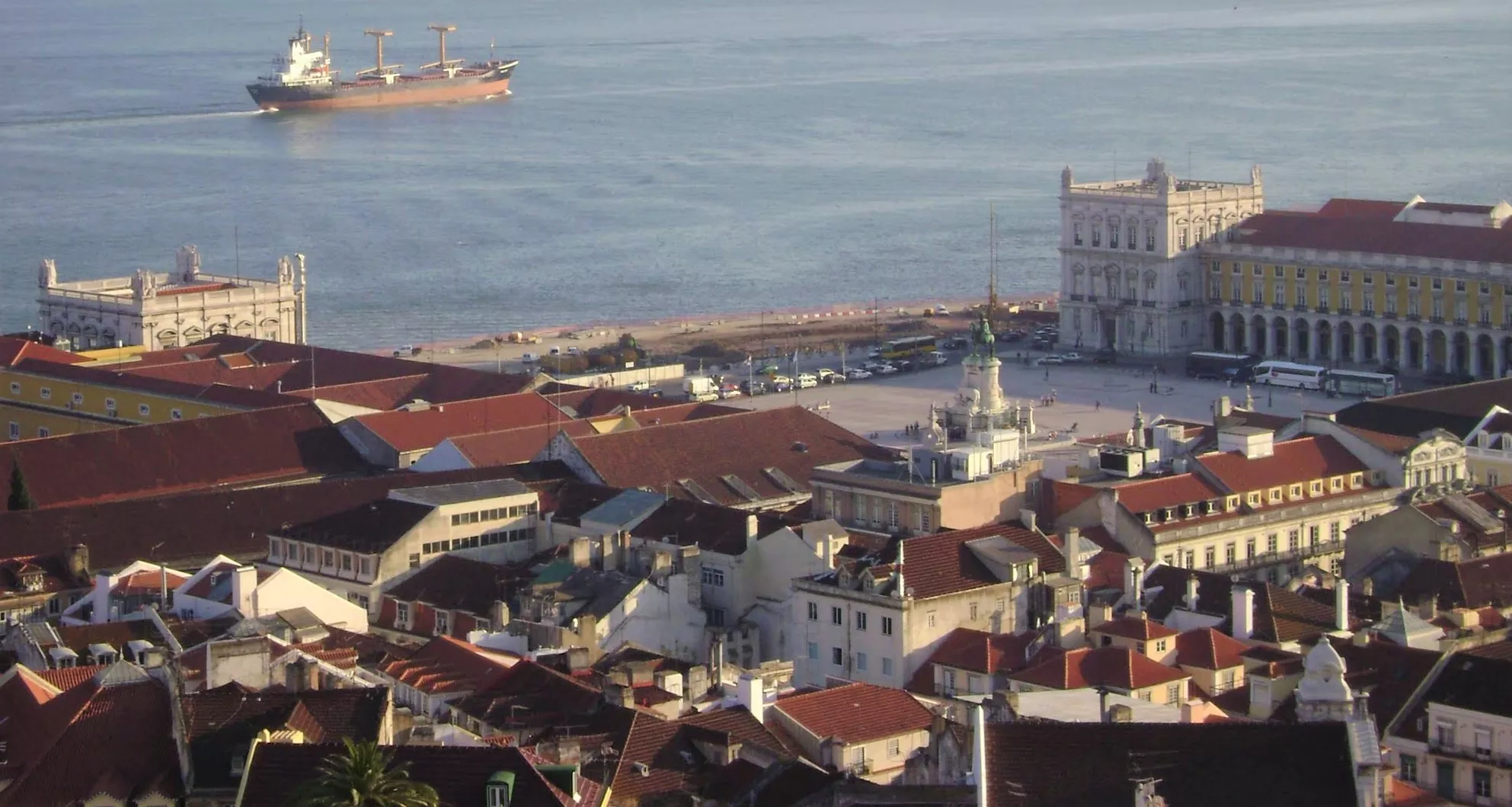The screening of Portuguese citizenship for Brazilians has become more sophisticated. It's a crucial process for this lucrative market, filled with thousands of potential customers and on the rise.
Every eligible Brazilian in possession of the required documents can apply for citizenship, guaranteed by law in direct descent. You will have to pay the fees in Portugal to Organs responsible bodies. But there are those who prefer the help of a specialized office, which charges for the genealogical tracking service, which is not always so simple.
Competition has become fierce and specialists have been ahead of requests, researching the origins of part of the Brazilian population.
Clube do Passaporte, for example, informs that it has prepared a study based on the descendants of Jews who were forced to convert to Christianity in the Portuguese and Spanish Inquisition.
According to the firm and its founder, Israeli lawyer Itay Mor, millions of Brazilians are not even aware that they have a possible connection with these ancestors.
— They are the so-called new Christians, families that were forced to convert to Christianity during the Inquisition. Some data indicate that Jews came to represent 20% of the entire Portuguese population. In colonial times, most of these new Christians migrated to Brazil,” wrote Mor in a statement sent to the Portugal Giro.
In 2015, Portugal extended the Nationality Law to Sephardic Jews, inhabitants of the Iberian Peninsula who spread around the world after an expulsion order in 1496, during the reign of D.Manuel I. Later, the order became an obligation to convert to Christianity. Even so, intolerance led to the death of more than three thousand people in the Jewish quarter of Lisbon, in 1502.
The office states that "any Jewish descendant from the time of the Inquisition, regardless of whether he converted to Christianity or managed to flee, is entitled to citizenship." Proving ancestry can be a problem for those who have lost genealogical ties.
— Our research is carried out by specialized genealogists, in a very thorough way and can reach up to the 15th generation. In addition to the right to citizenship, it generates a fantastic family genealogical study - said Gabriel Ezra Mizrahi, co-founder of the company.
The office claims to have drawn an estimate based on the book “The Jews who built Brazil”, by Anita Novinsky, “which cites the number of new Christian families who came to Brazil and their respective cities soon after their arrival”. Afterwards, data on the total number of inhabitants was crossed with that of new Christians.
“Well-known families from which millions of Brazilians descend were forced to convert, such as Castelo Branco, Barros, Nogueira da Gama, Antunes, Ribeiro, Do Vale, Fonseca, Pereira. The ten most typical Brazilian surnames (Silva, Santos, Oliveira, Rodrigues, Gomes, etc.) have Portuguese origins and were adopted by new Christians at baptism. Adding the number of Brazilians with only these surnames, we reach the number of 31 million”.
After a year of study, the international consultancy Martins Castro, based in Lisbon, informs that it discovered “a significant number of Portuguese grandchildren and great-grandchildren in cities in the southeast and metropolitan regions of Rio Grande do Sul, a fact unknown by most people and that is due to the most recent migratory flow”.
The company claims to have created a database that ensures Portuguese citizenship for Gaucho descendants. To get to this point, he used technology to cross-reference information and locate documents.
Gabriel Dias, the company's genealogist, was part of the study team that claims to have verified centers of entry of Portuguese into Brazil in the cities of Rio Grande do Sul between 1890 and 1920. .
This situation was more common in São Paulo, Rio and Pará. But the consultancy claims to have detected “hostels located in Charqueadas, Rio Grande and Ilha dos Marinheiros, which also promoted the first reception”. For this reason, according to the genealogists at Martins Castro, “they currently have several groups of Gaucho descendants”.
— Our initial estimates, taking into account the region mapped so far, point to around 15,000 Portuguese grandchildren. However, more detailed assessments are needed and these numbers could increase considerably if great-grandchildren and other cities in the state are included, which still need to be investigated - explained Dias in a statement.
The lack of documentary evidence is an obstacle. To overcome this stage, the researchers say they used “programs for the crossing of information, which allow the tracking and generation of data” of a mobility that left a trail of private notes, but also in the Brazilian and Portuguese public administrations and in notary offices. of the time.
“Our job is to find them first. Afterwards, cross-reference and transform everything into information. With this analysis of information, we were able to make predictions and create more accurate strategies to seek new documents that may be necessary during the process of granting Portuguese citizenship - said Dias.
The prior analysis of the cases is free, but afterwards it is necessary to schedule a meeting and pay to continue the process. Costs may vary from case to case.
By Gian Amato
